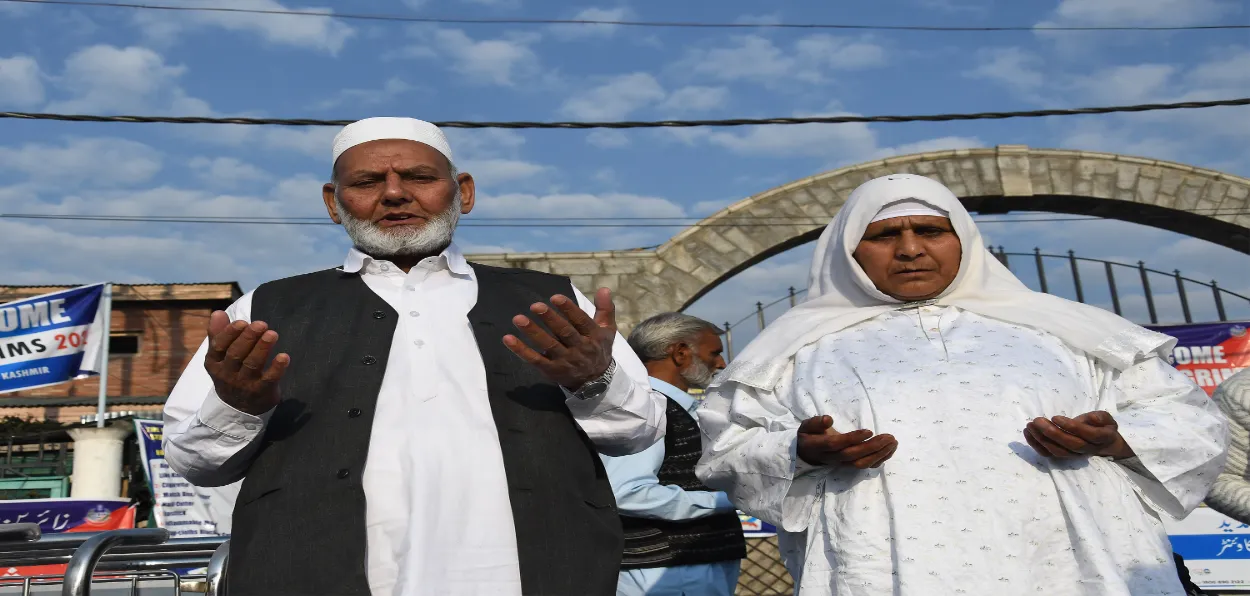
Eman Sakina
In Islamic tradition, the idea of social welfare has been presented as one of its principal values, and the practice of social service in its various forms has been instructed and encouraged. A Muslim’s religious life remains incomplete if not attended by service to humanity. The following verse of the Quran is often cited to encapsulate the Islamic idea of social welfare:
“It is not righteousness that ye turn your faces towards East or West, but it is righteousness to believe in Allah and the Last Day, and the Angels, and the Book and the Messengers; to spend of your substance, out of love for Him, for your kin, for orphans, for the needy, for the wayfarer, for those who ask, and for the ransom of slaves; to be steadfast in prayer, and practice regular charity, to fulfill the contracts which we have made; and to be firm and patient, in pain (or suffering) and adversity, and throughout all periods of panic. Such are the people of truth, the God-fearing (Quran 2:177).”
Friday Musings
In a similar vein, Islamic law defines obligations to parents, neighbors, relatives, the elderly, the sick, and members of minority groups. It is said in a lengthy hadith found in Hadith Qudsi (holy hadith) that those who refuse to feed the hungry and tend to the sick will face God’s wrath on the Day of Judgement.
God is going to question them and ask them to explain themselves. This hadith is thought to serve as a reminder of people’s duty to attend to the needs of others. The fulfillment of social obligations and the advancement of social welfare fall under the purview of the individual, the family, the state, and non-governmental organizations. The Quran says that the believers have been sent for the betterment of mankind and that they will promote what is good, and prevent what is wrong (3:110).
However, this is to be carried out in the best possible manner: no individual's honor should be injured, and no harm should arise out of it. In Islamic tradition, the family has a greater role to play in properly educating its members and providing them with moral schooling to make them good members of society. Racial prejudice has long been a source of injustice in human history. The belief that all people are equal offspring of Adam is a fundamental feature of Islam. Islam does not acknowledge racial discrimination in individuals.
Islam recognizes no distinction among human beings based on colour, language, or tribe. All are considered equal in receiving human rights and in discharging duties. According to Islamic teaching, no privileged or chosen class exists except those having piety or moral excellence. A Quranic injunction forbids the Muslims to underestimate others. Assuming that there will be natural differences in social status and income among individuals which is the natural outcome due to the differences in personal talents and efforts, a sense of brotherhood toward fellow
Muslims and a general sense of humanity towards every human being have been suggested to be cultured to further establish equality in society. Islamic tradition holds that moral qualities and good actions elevate the status of a man.
The Quran and the hadith serve as the primary source of moral and ethical guidance in Islamic theology. Both the Quran and the hadith often speak in emphatic manners to instruct Muslims to adopt a morally good character.
Respecting parents and elders, having love for the younger, greeting people correctly, showing kindness to fellow people, caring for the sick, asking permission before entering others’ houses, speaking the truth, and avoiding rude and false speech have been emphasized.
ALSO READ: Positive thinking and optimism is the command of Allah
ima
